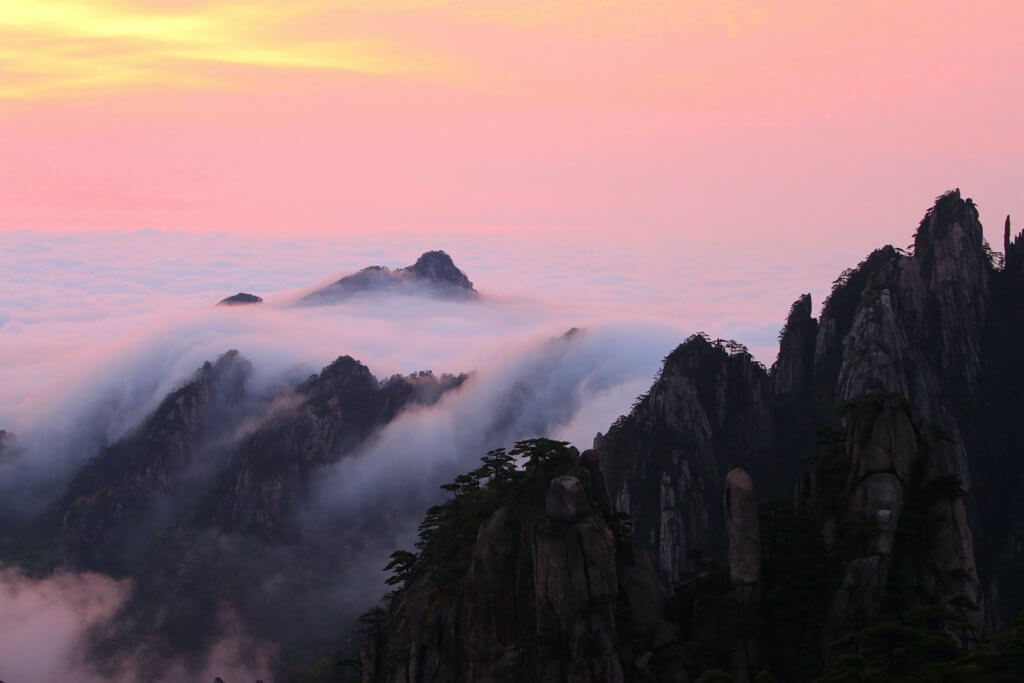Energy and climate became significant topics besides China’s economic development during this year’s “Two Sessions”. The “Two Sessions” refer to the back-to-back annual plenary sessions of the National People’s Congress (China’s highest legislative body) and the Chinese People’s Political Consultative Conference (a consultative body comprising of various representative organisations), together with the highest parliamentary bodies of China. The “Two Sessions” reveal the political priorities of the government for the upcoming year, including the presentation of the government work report.

Energy security received strong emphasis mainly due to the multiple occasions of energy shortages and power cuts throughout 2021. At the same time, carbon peaking and carbon emission reduction in the energy sector have been reconfirmed as enduring medium and long-term trends.
2022 government work report
The 2022 government work report, announced by Premier LI Keqiang during the 13th National People’s Congress on 5 March, also reviewed China’s key energy and climate achievements in 2021. It states that China’s renewable energy capacity has exceeded 1 TW, that China published an action plan for peaking carbon emissions, and that it launched a nationwide emission trading system. The work report repeated the emphasis on securing the energy supply. The priorities in the energy sector include making coal usage cleaner and more efficient, reducing coal consumption, and replacing it with alternative energy sources. Meanwhile, China will continue upgrading coal-fired power plants to conserve resources, reduce carbon emissions and increase flexibility.
Further focuses on the energy sector in the government work report include:
- deploying more renewables by planning and constructing more large-scale wind and photovoltaic power bases,
- boosting the capacity of power grids to integrate RE electricity,
- promoting R&D and application of green and low carbon technology,
- developing green manufacturing and services,
- encouraging energy-intensive industries incl. the steel, nonferrous metal, petrochemical, chemical and building materials industries to enhance energy conservation and reduce carbon emissions,
- controlling energy-intensive projects with high emissions
- transferring from assessing the total amount and intensity of energy consumption to assessing the total amount and intensity of carbon emissions, improving policy incentives for reducing pollution and carbon emissions and policy constraints on such emissions.
Energy-related statements at a state council conference
Besides stressing the priority attached to energy security and outlining measures in the power sector, the State Council also proposed plans to focus on three areas:
- Adding more generation capacity by deploying more large-scale wind and solar in desert areas, increasing investment in oil and gas exploration and releasing advanced coal production capacity with higher efficiency in an orderly manner.
- Enhancing coal and gas reserves by speeding up the expansion of coal reserves to over 200 million tons, adding over 5 billion cubic metres of gas storage facilities, and 300 GW new capacity for emergency backup and meeting peak load.
- Stabilizing electricity prices via medium and long-term energy contracts, guiding coal prices within a “reasonable” range, and improving the transmission price for coal and electricity.
Regarding energy imports and prices given the recent war-related disruptions against Ukraine, the vice minister of NDRC called the situation “manageable.” He noted that China has diversified its crude oil and gas imports and has a high proportion of long-term contracts, renewable energy will help hedge prices, and China’s current level of inflation is relatively low.
